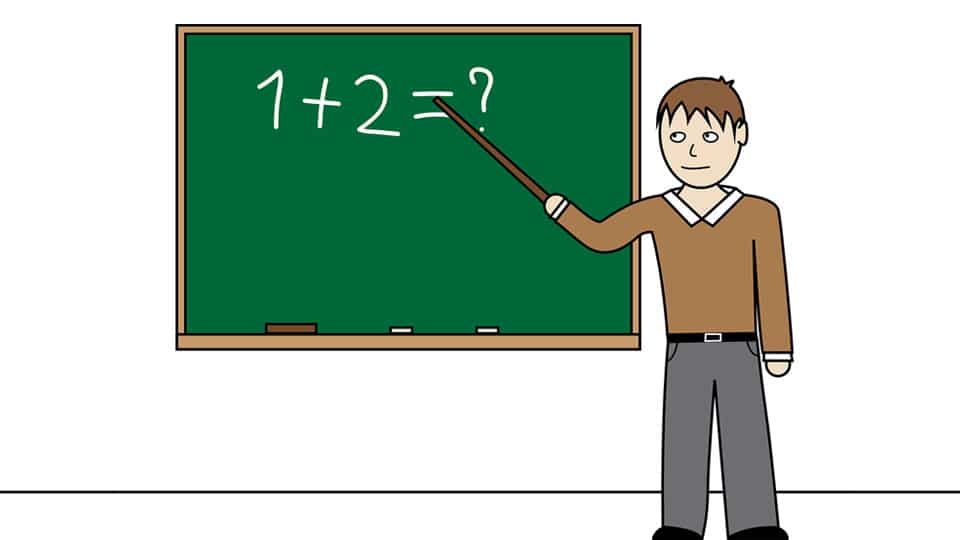Sayings such as ‘Home is the first school for the child’ and ‘Mother is the child’s first teacher’ have become cliché in our times. The profile of the typical Indian home, as is being explained to the children in primary school, hosting large joint families, must be making the children already wonder about the difference between the textbook definition of a family and the current reality of the all-too-familiar nuclear family in urban spaces. In fact, this mismatch between what is taught and what it is in reality that is the seed of the children mentally turning away from their school teachers. Then, the mother’s role as the child’s first teacher in our times is nowhere near the mother of the bygone days, particularly the typical modern city-based mother short of time and energy to guide her child. Further, with the grandpas and grandmas, either left behind in their ancestral abodes or sent to old age homes, the children are forced to go through the initial phases of life and learning only in the overcrowded government managed schools, if not high-fee high-brow schools.
The ancient vedic diktat, ‘Revere your mother as God, father as God, teacher as God, guest as God’ too has lost its time-honoured force of message, thanks to the yawning disconnect between people of one generation and those of the next. The ongoing attempts by the few delivering discourses before their captive audiences mainly consisting of senior citizens to rekindle conviction in the ancient sayings are of no avail, with hardly any takers among the younger sections of society.
The often-heard sharp criticism of every aspect of India’s education system coming from many circles, traced to Thomas Babington Macaulay (1800-1859), namely implementation of a policy of liquidating indigenous culture and ethos of society through the planned substitution of the alien culture of a colonising power (via the education system) seems strangely clear but not loud and sustained. If one puts together all the records of suggestions made by both leading lights in society and others with concern for reforming the education system, including revival of the pre-Macaulay approach to educating the land’s people, the matter is sure to be voluminous and result in the powers-that-be to choose the option of not dabbling with the system.
The teachers, particularly those moulding the children in primary schools represent a section of human resources taken for granted. The Teacher Education Institutes, numbering more than 23,000 across the country, are being assessed by the Quality Council of India, reportedly for assigning grades by the National Council for Teacher Education. If the initiative can lead to undoing Macaulayism sooner than later, the nation’s parents and teachers cannot ask for more.








Recent Comments